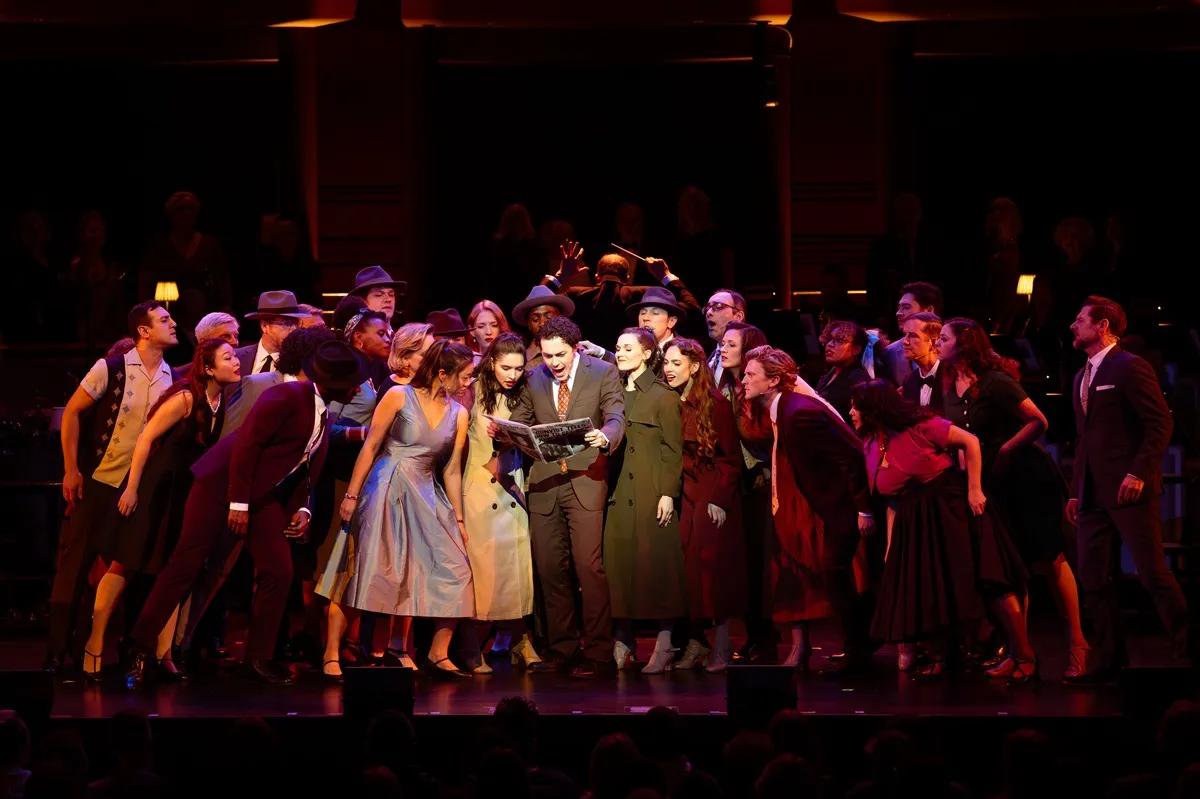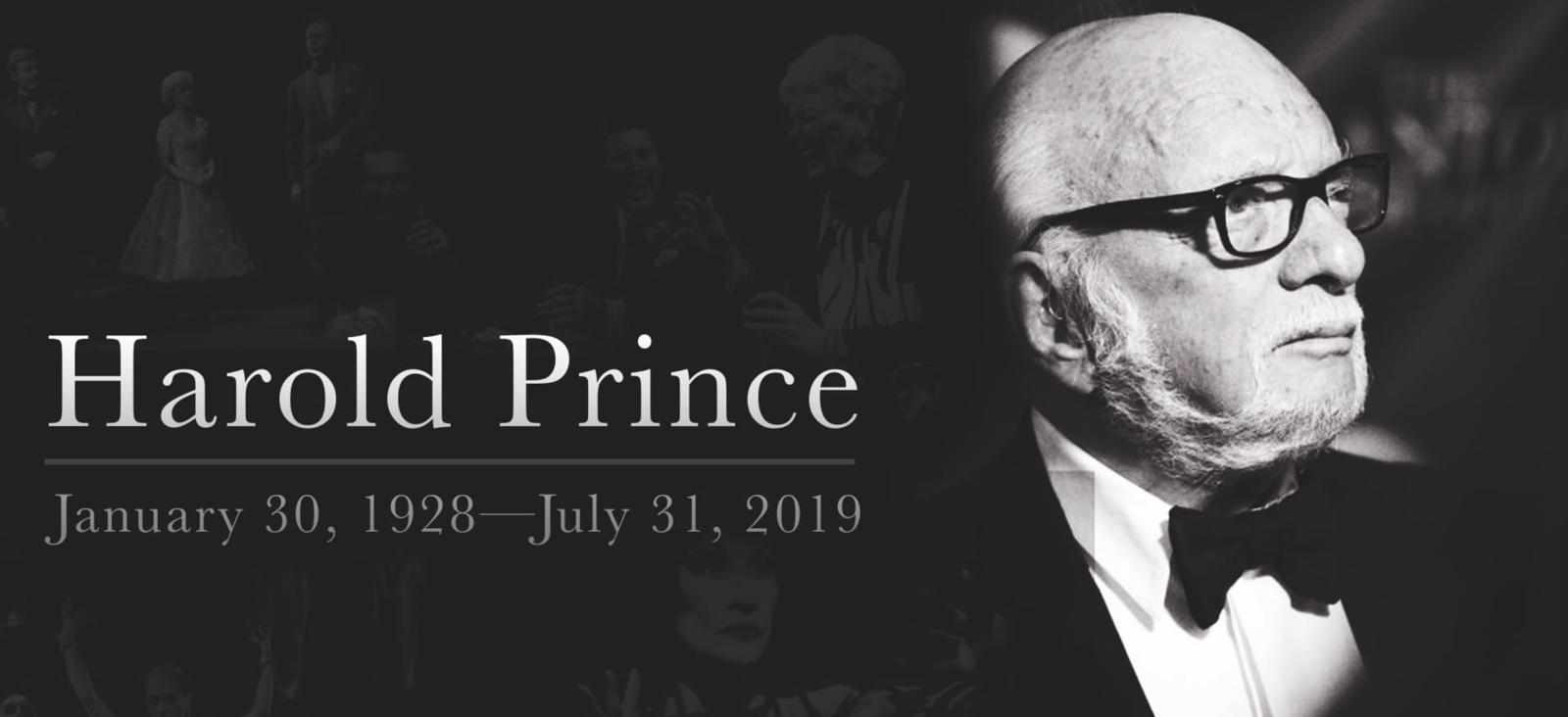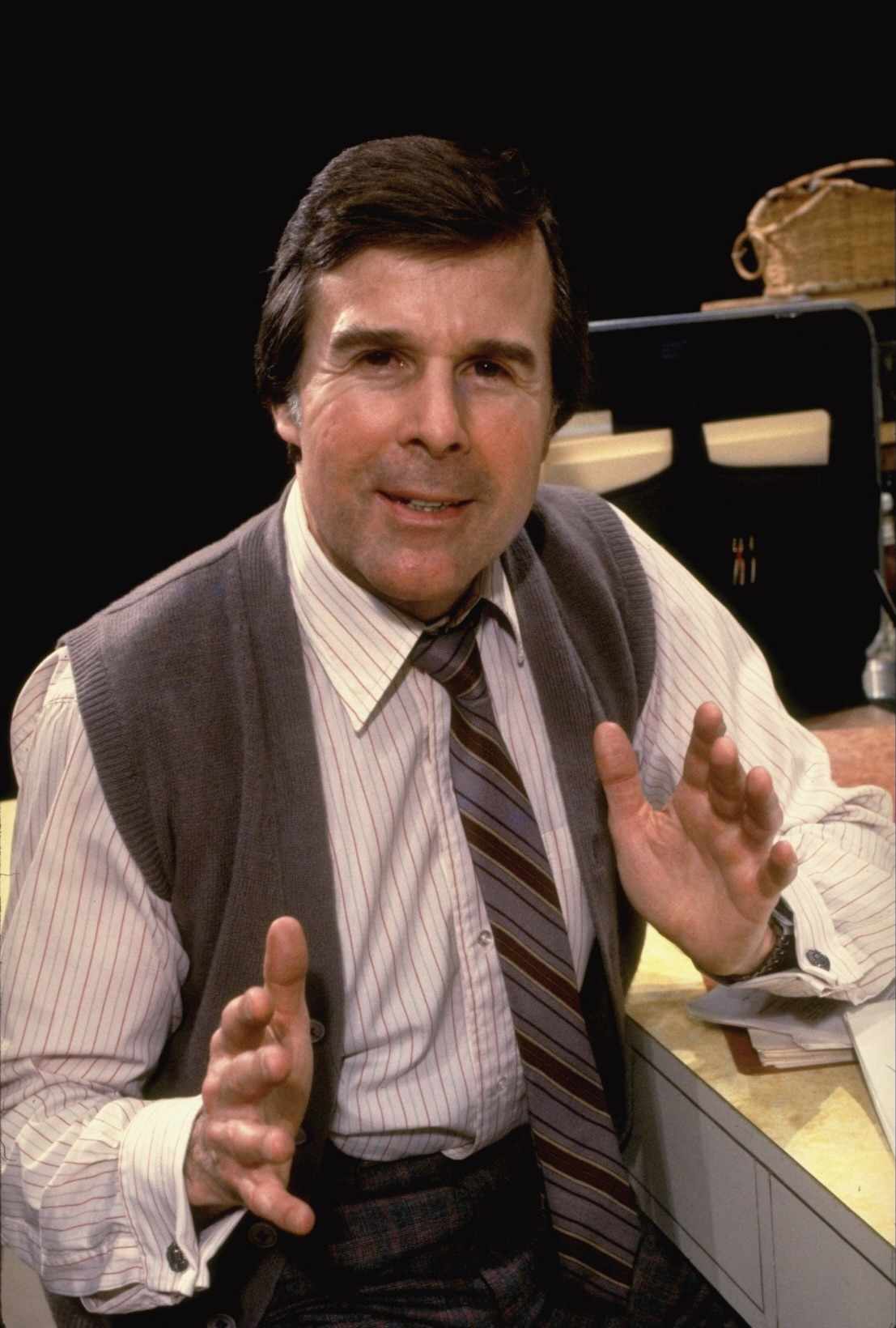
November 24, 2025: Theatre Yesterday and Today, by Ron Fassler.
Most people have never heard of the musical Sweet Smell of Success, which is entirely understandable. Its original film version, however, is another story. A cinematic work of art produced in 1957; it’s the type of movie that makes devoted fans commit huge swaths of its dialogue to memory. With gritty black and white cinematography by James Wong Howe and a pulsating score by Elmer Bernstein (each a master of their crafts), Sweet Smell is as good a story of greed and corruption as it gets, giving Burt Lancaster and Tony Curtis two of the best parts they ever played. Ernest Lehman based his screenplay on a novelette he wrote first published in Cosmopolitan. As often happens in Hollywood, he was rewritten extensively by the playwright Clifford Odets, with significant contributions from director Alexander Mackendrick, the result being that what’s up on screen is the work of all three men. Though a box office failure, over the years it grew in stature so that it is now considered a bona fide classic. But even though it’s set in the world of 1950s jazz clubs, it hardly provides ideal material for a musical due to having few characters to root for. So, it was a bold move when forty-five years after its release, talents the caliber of John Guare (book), Marvin Hamlish (music), and Craig Carnelia (lyrics) chose to join forces to bring it to the stage. Opening in 2002 after the juggernaut comedy hit that was The Producers, audiences were in no mood for something as dark and cynical as Sweet Smell, particularly five months post-9/11. It closed in three months.
And that was pretty much the last time anyone heard from this show until this weekend at Lincoln Center’s Rose Theatre in the Deutsche Bank Center at Columbus Circle (a wonderful space, if you’ve never visited). Under the baton of Ted Sperling, the artistic director and conductor for MasterVoices, seventeen musicians utilizing twenty-two instruments and an all-volunteer chorus of more than one hundred set to the task of revitalizing what turns out to be a somewhat reconstructed score. As these once-a-year concerts highlight neglected musicals from the past, this time round included a bit of detective work. As Sperling writes in the program, “I’m grateful to many members of the original music team who ransacked their attics, basements, cassettes, and old hard drives to find treasures that you’ll be hearing for the first time in two decades.” Prior MasterVoices concerts have been performed with actors holding books in their hands, usually the norm due to minimal rehearsals. This time no scripts were to be seen with everyone committed as if this were Broadway and not a staged concert. The result delivered something special as well as perhaps make some headway towards seeing that Sweet Smell of Success isn’t forever doomed to the ash heap of shows that died too soon, especially when they are viable contenders for reassessment.

The original boasted an extremely talented cast led by John Lithgow in his first Broadway musical as the despicable J.J. Hunsecker (Lancaster’s role), winning a Tony Award for it. Loosely based on ruthless gossip columnist Walter Winchell, today a forgotten figure but once upon a time yielded extraordinary influence back when newspaper readership was so high that a single, scurrilous posting could make or break a career. Raul Esparza is fully up to the part bringing his unusually strong singing voice to J.J.’s limited number of songs while channeling the spirit and energy of the late, great Jack Cassidy—an entirely good thing. Brian D’Arcy James was Sidney Falco (Tony Curtis in the film), the obsequious gutter rat who wants nothing more than to become the next J.J. and personally scored with a score practically written for his powerful tenor. It always makes me smile to hear him hit the big note in his solo “At the Fountain” because the top note is on the word “soar,” and soar he does. Playing Sidney here is the boyish Ali Louis Bourzgui, who recently made his Broadway debut in the title role of last season’s revival of The Who’s Tommy. His singing passes the grade, but lacks the gravitas that James brought to the part. And the role of Susan Hunsecker, J.J.’s sister, who is the catalyst for every twist and turn of the plot due to having the temerity to fall in love with a musician against her overly protective brother’s wishes, marked the first leading role on Broadway for Kelli O’Hara. Her duets with Jack Noseworthy as Dallas, the jazz musician who is Susan’s love interest, are the album’s unqualified highlights (a third duet, “That’s How I Say Goodbye, cut during its pre-Broadway engagement in Chicago, has been restored for this version). Noah J. Ricketts, recently seen as Nick Carraway in The Great Gatsby, dazzles as actor and singer, just about stealing the evening from everyone else. Though she sings well, Lizzy McAlpine simply can’t compete with memories of O’Hara and still has a long way to go to add actress to her accomplishments as a recording artist and songwriter. Her stage debut in the Lincoln Center revival of Floyd Collins last season was also underwhelming, and she needs to work harder in the future to get past a certain stiffness that mars her stage presence.
Even with these caveats, it was a pleasure to have the opportunity to see and hear Sweet Smell performed. Sperling’s stage direction is fluid, aided immeasurably by some nicely done staging and choreography supplied by Andrew Palermo, responsible in the same capacity for seven prior MasterVoices events. The rich score sounded marvelous; Hamlisch’s best work next to A Chorus Line. He was fortunate to team with Craig Carnelia, himself a composer who, to date, has never had the hit show of which he is certainly capable. The four songs he wrote for Working (1978) are of high quality and there are songs in the Broadway flop Is There Life After High School? (1982) that are simply wonderful. And it’s a shame we never got more books to musicals from John Guare, especially considering the great playwright’s sole Tony Award was for co-writing, with Mel Shapiro, Two Gentlemen of Verona (1971), a modern adaptation of Shakespeare as a rock musical.

It’s interesting to note that in addition to reworking the opening number, the entire ending of Sweet Smell has been changed. SPOILER ALERTS here: In the film, Sidney gets his comeuppance and is beaten to a bloody pulp by thugs under J.J.’s orders; a bleak finish. For the musical, Guare and director Nicholas Hytner went one step further with Sidney killed, both grizzly and unsatisfying, leading to an ending with J.J., now a murderer, back to his column making all new kinds of malicious mischief. This time, Susan has been granted agency and discovers her inner J.J., blackmailing her brother and banishing him to England for a time while Sidney takes over the column. This one won me over and, I suspect, others as well for whom such previous depressing finales—though true to noir—leave a bad taste in the mouth.
The last lines of the musical remain the same: “On and on it goes.” It would please me no end if some gutsy producer took Sweet Smell of Success on again. In the meantime, the original cast album, available at Broadway Master Works, is well worth a listen. Honestly, it’s one hell of a score. And thanks to MasterVoices, it got a chance to be heard in high fashion over the course of this three-night engagement. I, for one, was happy to be there.
Sweet Smell of Success, presented by MasterVoices, played the Rose Theatre November 21-23, 2025. For further information on future events, please visit their website: https://www.mastervoices.org.
Photos by Toby Tenenbaum.
Ron Fassler is the author of The Show Goes On: Broadway Hirings, Firings and Replacements. For news and "Theatre Yesterday and Today" columns when they break, please hit the FOLLOW button.
This article is brought to you by:





















Write a comment ...